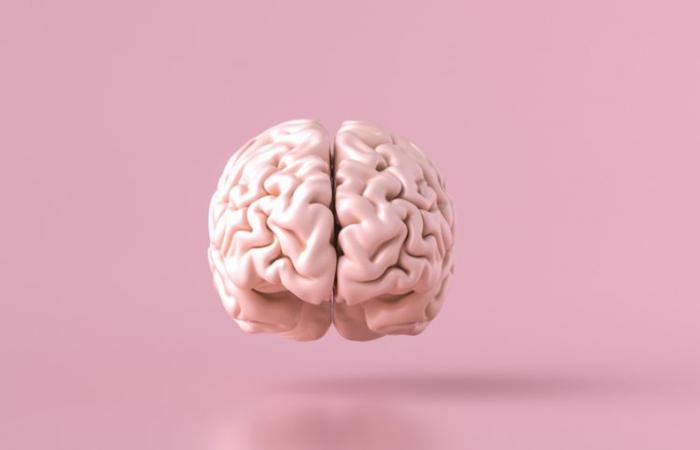Researchers from the VIB-KU Leuven Center for Brain Research have made a major breakthrough in the understanding of Alzheimer’s disease, the Stop Alzheimer Foundation said on Wednesday. In their study, published in the journal Nature Communications, the researchers show that immune cells in the brain, called microglia, have a dual function in Alzheimer’s disease. They can be both harmful and protective, depending on the stage of the pathology.
In Alzheimer’s disease, amyloid plaques, toxic clumps of proteins, build up in the brain. Microglia, responsible for cleaning up cellular waste, interact with these plaques, but their exact contribution was until now poorly understood.
The team from the Center for Brain Research discovered that, in the early stages of the disease, microglia promote the formation of amyloid plaques, thus playing a deleterious role. But at an advanced stage, these same cells reactivate to compact the plaques, thus limiting their toxic effects and protecting the neurons.
To better understand this dual function, researchers studied the activation of microglia during the disease. They found that these cells are initially in a “homeostatic” state, that is to say not very active, which promotes the formation of plaques. As the disease progresses, they become activated and take on a protective role.
“Our work shows that homeostatic microglia, present at the beginning of the disease, play a harmful role, while activated microglia, later, have a protective effect. These results clarify hitherto contradictory data and open avenues for further research. new therapeutic approaches. But they also pose a fundamental question: should microglia be activated or inhibited, and at what time?” concludes the director of the study, Bart De Strooper.
Access to all features is reserved for healthcare professionals.
If you are a healthcare professional you must log in or register for free on our site to access all of our content.
If you are a journalist or if you wish to inform us, write to us at [email protected].
Health
Canada






